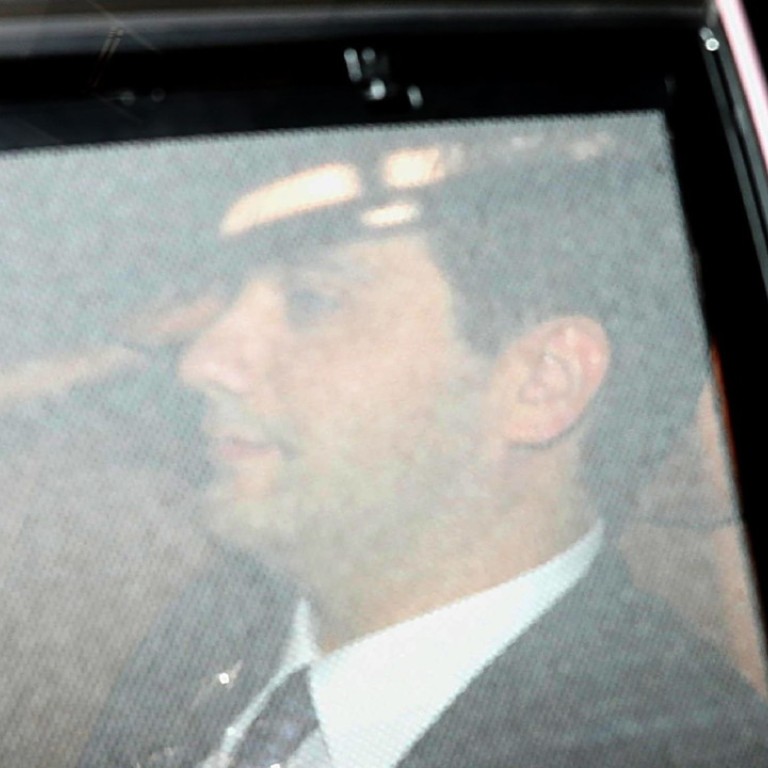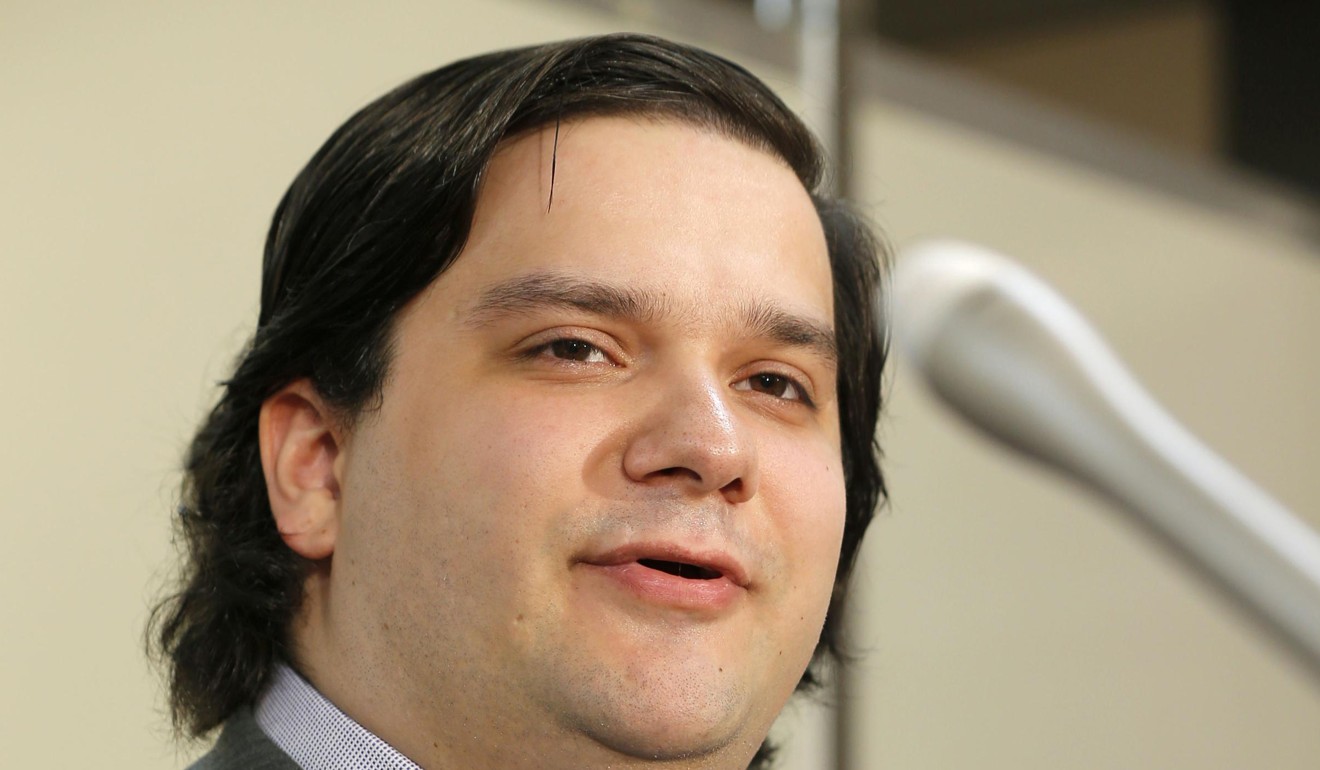
Chief of bitcoin exchange Mt. Gox pleads not guilty to embezzlement at start of trial in Tokyo
In its bankruptcy filing, Tokyo-based Mt. Gox blamed hackers for the lost bitcoins worth hundreds of millions of dollars, pointing to a software security flaw
The CEO of defunct Mt. Gox pleaded not guilty on Tuesday to charges relating to the loss of hundreds of millions of dollars worth of bitcoins and cash from what was once the world’s biggest bitcoin exchange.
“I swear to God I am not guilty,” Karpeles said in reading out a prepared statement in Japanese after listening to the charges against him through interpreters.
Prosecutors said Karpeles sent around 340 million yen (US$3 million) from an account that managed customers’ funds to an external account between September and December 2013, and increased the balance of the account via “improper operation” of Mt. Gox’s trading system, the Nikkei reported.
Karpeles’ defence told the court he had remitted the firm’s revenue, not customer funds, and that the increased balance was part of the administrative process of exchanging cash and bitcoins and therefore not illegal, according to the Nikkei.
Asked by Presiding Judge Takeshi Irie to state his occupation, the defendant said he is just an “IT engineer” as his company has already gone under.
“As a person responsible for MtGox, I have to recover the lost bitcoins...but this trial is not aimed at finding the cause of (the company’s) bankruptcy,” said Karpeles.

Mt. Gox once handled 80 per cent of the world’s bitcoin trades but filed for bankruptcy in 2014 after losing some 850,000 bitcoins - then worth around half a billion US dollars - and $28 million in cash from its Japanese bank accounts.
In its bankruptcy filing, Tokyo-based Mt. Gox blamed hackers for the lost bitcoins, pointing to a software security flaw.
Mt. Gox subsequently said it had found 200,000 of the missing bitcoins.
The collapse of Mt. Gox represented a major setback for bitcoin and badly damaged the image of virtual currencies, particularly among risk-averse Japanese investors and corporations.
But the bankruptcy also prompted Japan’s government to decide how to treat bitcoin, and preceded a push by local regulators to licence virtual currency exchanges.
Japan this year became the first country to regulate exchanges at the national level, part of a government effort to exploit financial technology as a means of stimulating the economy.
Interest in bitcoin among Japan’s legions of individual investors - encouraged by Tokyo’s recognition of the virtual currency as legal tender - has spiked in recent months.
Still, institutional investors remain wary, say those running virtual currency exchanges in Tokyo. Japanese firms are also unenthusiastic: Only 4 per cent of large and mid-sized firms plan to use bitcoin, showed a Reuters poll last month.
The value of bitcoin is highly volatile. It hit a record high of $2,980 last month.
Reuters, Kyodo
